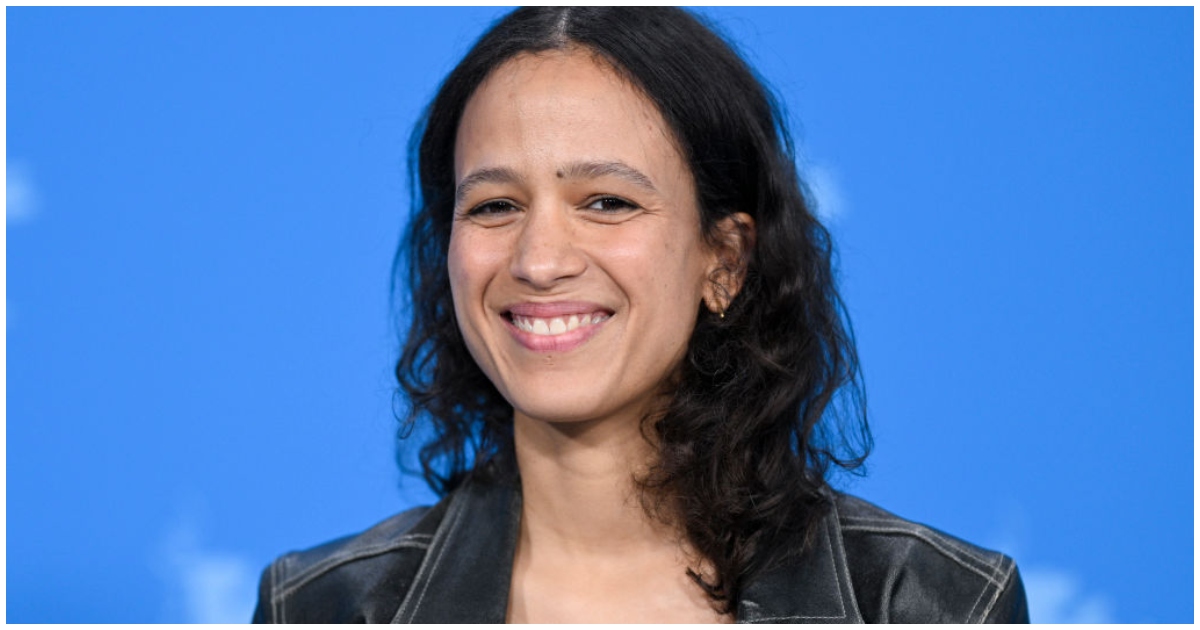In a groundbreaking moment for cinema, French-Senegalese director Mati Diop became the first black female filmmaker to premiere a feature film at the Cannes Film Festival. Her debut feature, Atlantique, screened at the prestigious event in 2019, marking a significant milestone in the festival’s 72-year history.
Mati Diop’s Historic Achievement at Cannes
Diop’s Atlantique not only broke barriers but also impressed critics and audiences alike. The film went on to win the Grand Prix, Cannes’ second-most prestigious award. This achievement solidified Diop’s place in cinematic history and highlighted the need for greater diversity in the film industry.
Despite the celebration surrounding her accomplishment, Diop expressed mixed feelings. She shared in interviews that while proud of her achievement, she felt sad it had taken so long for a black female filmmaker to reach this milestone. Diop emphasized there was still much work to be done to improve representation in cinema.
A Legacy of Cinematic Innovation
Mati Diop’s success at Cannes follows in the footsteps of her uncle, renowned Senegalese filmmaker Djibril Diop Mambéty. Interestingly, both directors saw their debut features awarded at the festival, albeit 46 years apart.
Djibril’s Touki Bouki received the International Critics Award at Cannes in 1973. Now, Mati’s Atlantique has continued this family tradition of cinematic excellence. Both filmmakers are known for their unique narrative styles and thought-provoking social commentary.
Atlantique: A Supernatural Romance with Social Commentary
Atlantique tells the story of Ada and Souleiman, a young couple in Dakar, Senegal. When Souleiman leaves by sea in search of better opportunities, supernatural events begin to unfold. The film blends elements of romance, social critique, and magical realism.
Diop’s work explores themes of post-colonialism, emigration, and identity. Her unique perspective, shaped by her experiences in both France and Senegal, brings a fresh voice to international cinema. The Atlantic Ocean serves as a powerful symbol in the film, representing both hope and the thin line between life and death.
From Short Films to International Recognition
Before her breakthrough with Atlantique, Diop honed her craft through several short films. Her 2009 documentary short Atlantiques won awards at film festivals in Rotterdam and Media City. This project later evolved into the feature-length Atlantique.
Diop’s other notable shorts include Snow Canon (2011) and Big in Vietnam (2012). Her 2013 documentary Mille Soleils (A Thousand Suns) also garnered critical acclaim, winning prizes at multiple international film festivals.
Continuing to Break New Ground
Following the success of Atlantique, Diop has continued to push boundaries in filmmaking. Her latest work, the documentary Dahomey (2024), explores the restitution of artworks stolen from the Kingdom of Dahomey by France.
Dahomey premiered at the 2024 Berlin International Film Festival, where it won the prestigious Golden Bear. This makes Diop’s film only the second African work to receive this honor, further cementing her status as a trailblazing filmmaker.
Fostering New Voices in African Cinema
In addition to her directorial work, Diop is actively working to support emerging talent in African cinema. She recently launched Fanta Sy, a Senegalese production company, in collaboration with industry veteran Fabacary Assymby Coly.
Through this venture, Diop aims to produce daring and unconventional African projects. Her efforts are helping to pave the way for a new generation of diverse voices in global cinema.





